Vision Care: Maintaining Healthy Eyes
Dr. Emily Smith
22 Sep 2024 • 9 min read
Introduction to Vision Care
Vision care is essential for maintaining the health of your eyes and ensuring good eyesight throughout your life. Regular eye exams, proper eye hygiene, a healthy diet, and protective measures are all critical components of vision care. Whether you have perfect vision or wear corrective lenses, taking care of your eyes is crucial for preventing vision problems and detecting eye conditions early.

Importance of Vision Care
Good vision care is vital for several reasons:
- Early Detection of Eye Conditions: Regular eye exams can detect conditions like glaucoma, cataracts, and macular degeneration before they become severe.
- Maintaining Good Vision: Proper care helps prevent vision problems and keeps your eyes functioning well.
- Overall Health: The eyes can reveal signs of other health issues, such as diabetes, high blood pressure, and cholesterol.
- Quality of Life: Good vision is essential for performing daily activities, such as reading, driving, and working, which contribute to overall well-being and independence.
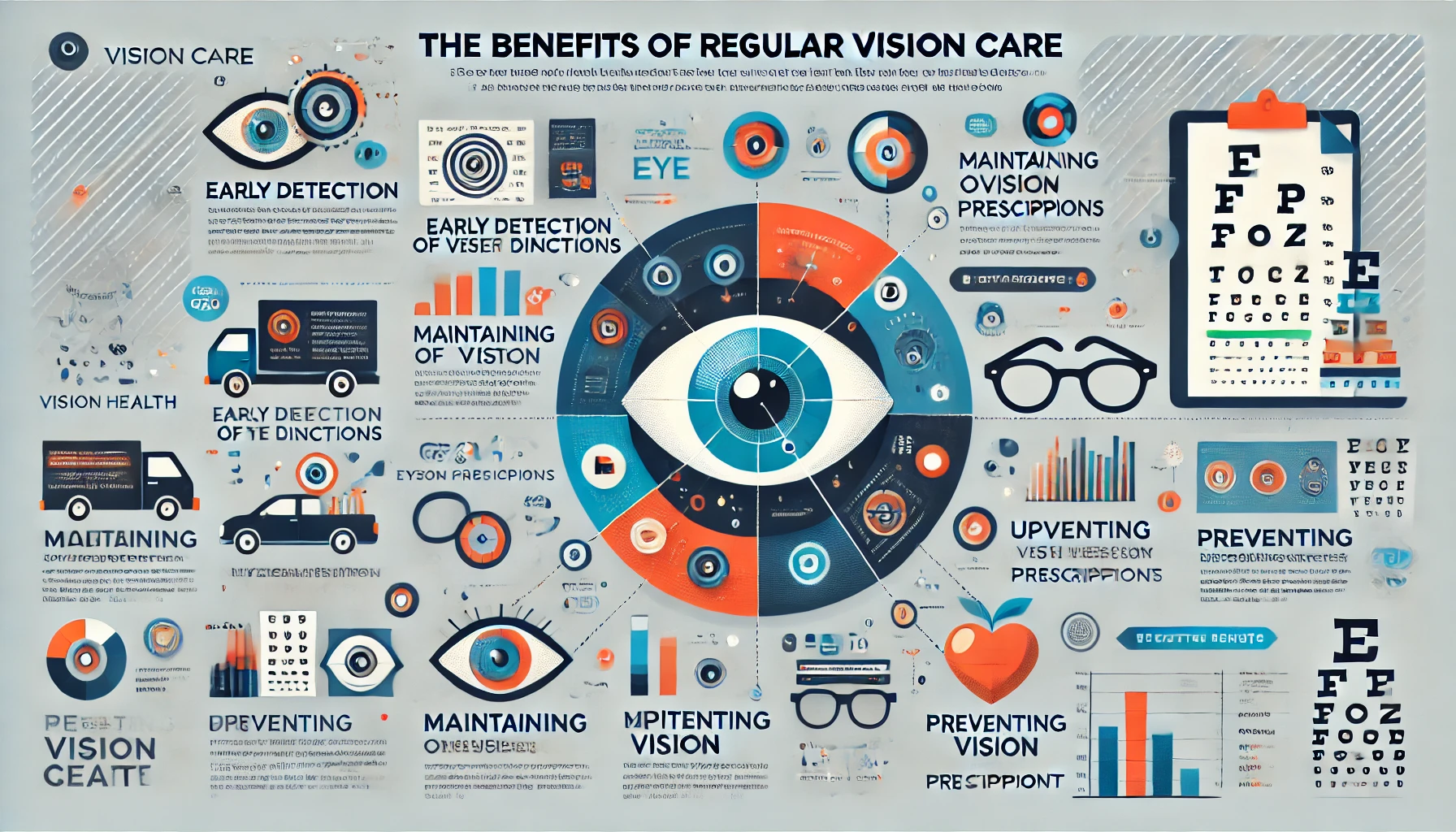
Key Components of Vision Care
Regular Eye Exams
Regular eye exams are crucial for detecting vision problems early and ensuring that your eyes are healthy.
- Children: Should have their first eye exam at 6 months old, then at age 3, and before starting school. Regular check-ups are recommended every 1-2 years.
- Adults: Ages 18-60 should have an eye exam every two years, or more frequently if they wear glasses or contact lenses. After age 60, annual exams are recommended.
- Seniors: Annual eye exams are important to monitor for age-related conditions like cataracts and macular degeneration.
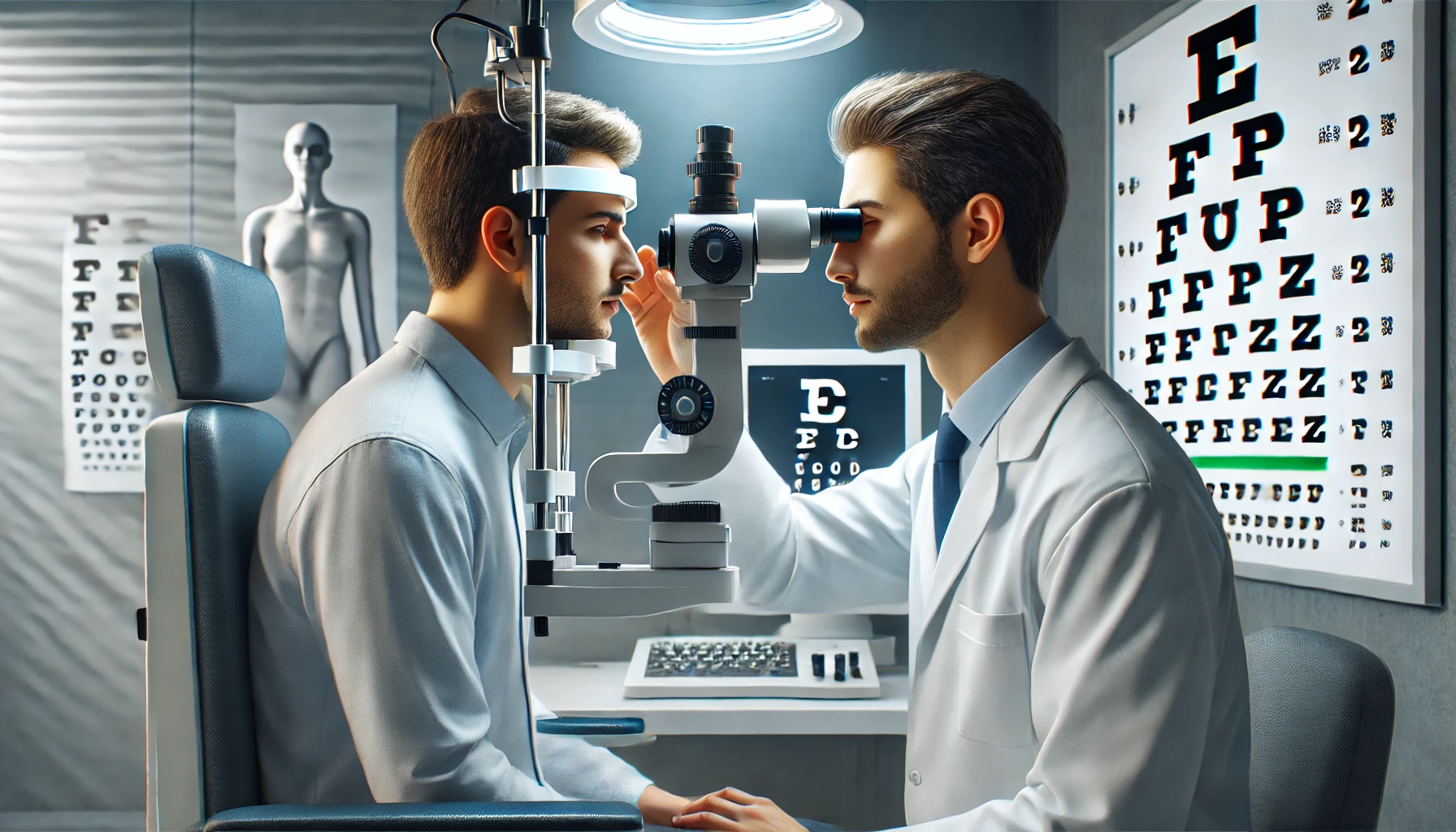
Proper Eye Hygiene
Practicing good eye hygiene is essential to prevent infections, irritation, and other eye problems.
- Avoid Touching Your Eyes: Your hands carry bacteria and dirt that can cause infections. Wash your hands before touching your eyes, especially when inserting or removing contact lenses.
- Clean Contact Lenses Properly: Follow your eye care provider’s instructions for cleaning and storing contact lenses to avoid eye infections.
- Remove Makeup Before Bed: Always remove eye makeup before going to sleep to prevent irritation and clogged glands.
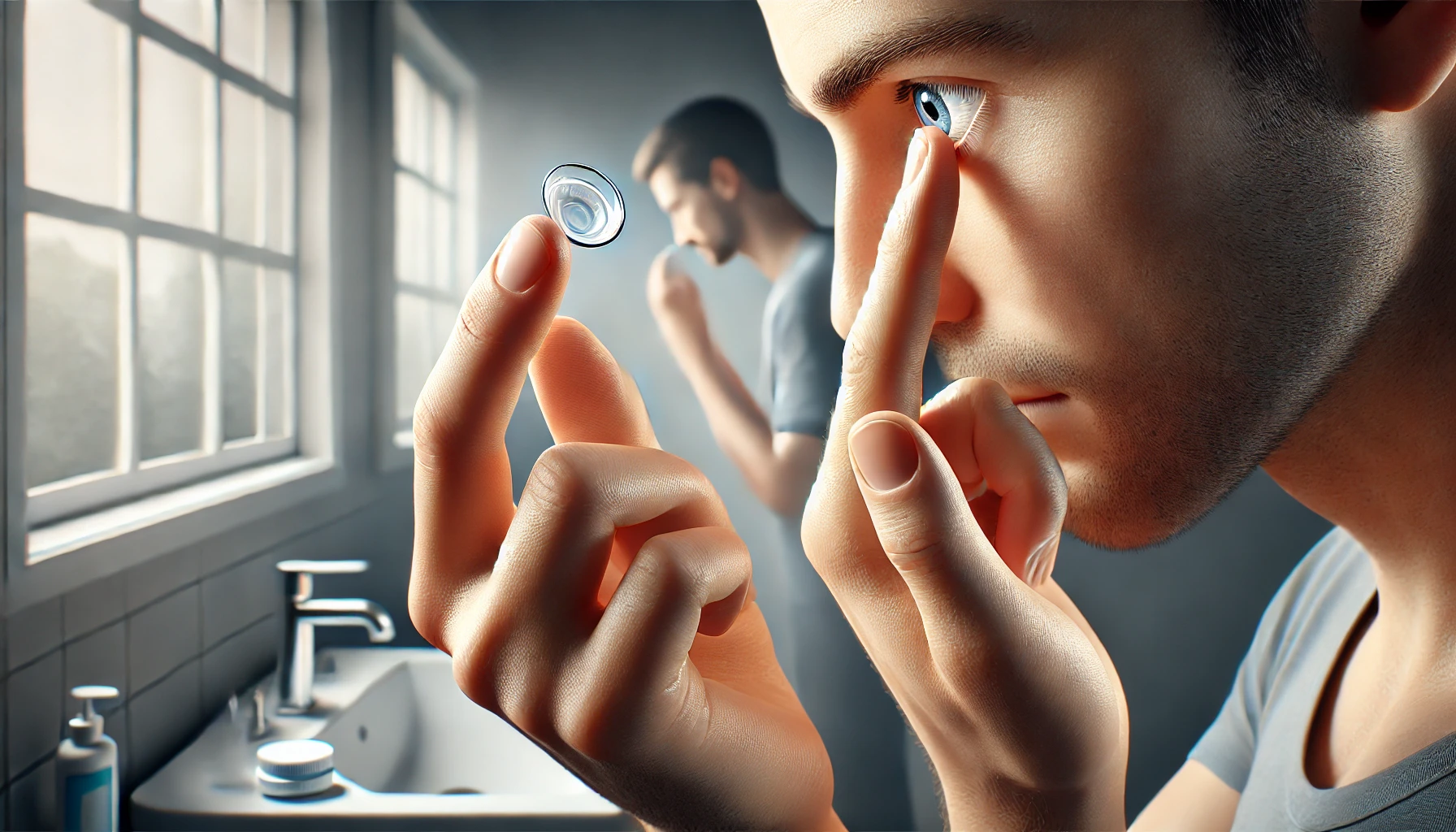
Protecting Your Eyes
Protecting your eyes from potential hazards and environmental factors is crucial for maintaining good vision.
- Wear Sunglasses: Protect your eyes from harmful UV rays by wearing sunglasses that block 100% of UVA and UVB rays whenever you are outdoors.
- Use Safety Eyewear: If you work in an environment with potential eye hazards, such as construction or laboratories, always wear protective goggles or safety glasses.
- Follow the 20-20-20 Rule: To reduce eye strain from screens, every 20 minutes, look at something 20 feet away for 20 seconds.

Nutrition for Eye Health
A healthy diet is crucial for maintaining good vision and preventing age-related eye conditions.
- Antioxidants: Foods rich in vitamins C and E, beta-carotene, and zinc can help protect your eyes from cataracts and macular degeneration. Include plenty of fruits, vegetables, and nuts in your diet.
- Omega-3 Fatty Acids: Found in fish like salmon and tuna, omega-3s are essential for eye health and can help prevent dry eyes.
- Leafy Greens: Vegetables like spinach, kale, and collard greens are rich in lutein and zeaxanthin, which protect the eyes from harmful light.

Managing Screen Time
Extended screen time can cause eye strain, also known as computer vision syndrome. To manage this:
- Adjust Screen Settings: Ensure your screen is at eye level and at a comfortable distance. Adjust brightness and contrast to reduce glare.
- Blink Regularly: Blinking helps keep your eyes moist and prevents dryness.
- Take Regular Breaks: Follow the 20-20-20 rule to give your eyes regular breaks from the screen.
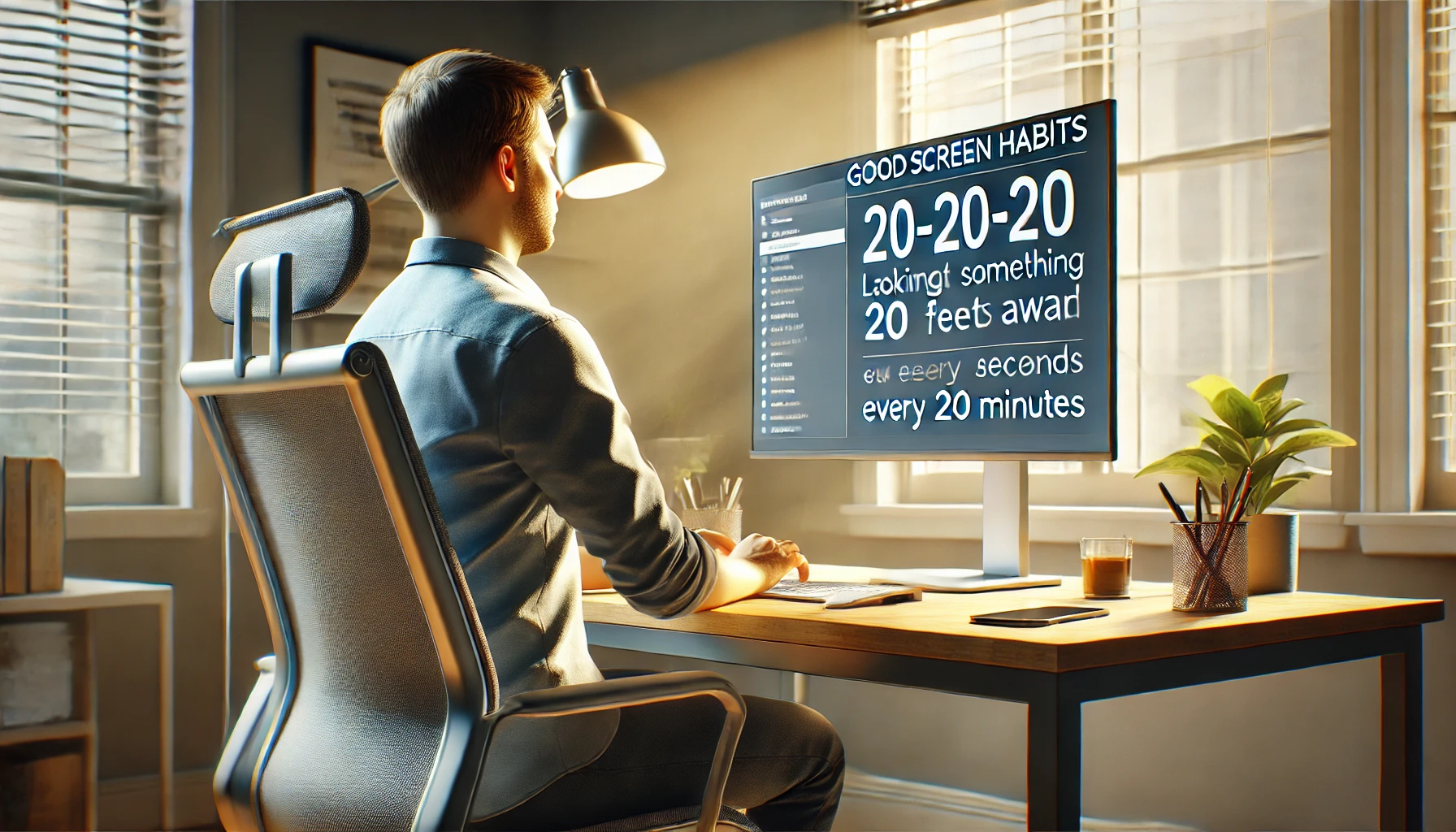
Common Eye Conditions and Their Prevention
Cataracts
Cataracts cause the lens of the eye to become cloudy, leading to blurry vision. They are most common in older adults.
- Prevention: Wear sunglasses to protect your eyes from UV rays, eat a healthy diet, avoid smoking, and have regular eye exams.
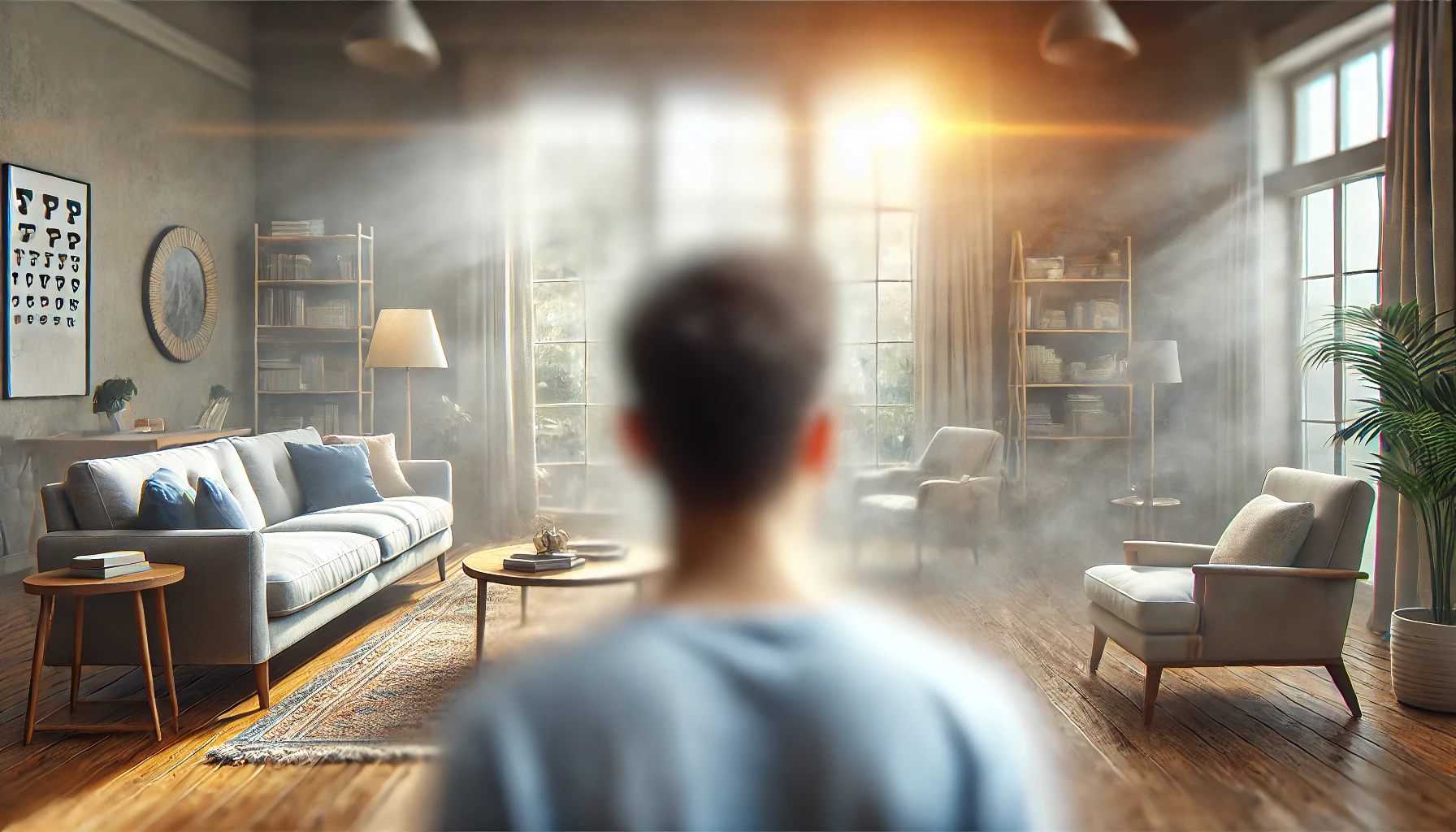
Glaucoma
Glaucoma is a group of eye conditions that damage the optic nerve, often due to high eye pressure. It can lead to vision loss if not treated early.
- Prevention: Regular eye exams are crucial for detecting glaucoma early. Eye drops or other medications can help control eye pressure.

Macular Degeneration
Macular degeneration affects the central part of the retina, leading to loss of central vision. It is a leading cause of vision loss in older adults.
- Prevention: Eat a diet rich in antioxidants, avoid smoking, and protect your eyes from UV light. Regular eye exams are important for early detection.

Dry Eye Syndrome
Dry eye syndrome occurs when your eyes don’t produce enough tears or when the tears evaporate too quickly, leading to discomfort and vision problems.
- Prevention: Stay hydrated, use artificial tears, avoid dry environments, and take breaks from screen time.

Diabetic Retinopathy
Diabetic retinopathy is a complication of diabetes that affects the blood vessels in the retina. It can lead to blindness if not managed properly.
- Prevention: Control blood sugar levels, blood pressure, and cholesterol. Regular eye exams are essential for detecting changes in the retina early.

Common Myths About Vision Care
Myth 1
Sitting too close to the TV will damage your eyes.
- Fact: Sitting close to the TV may cause eye strain, but it won’t cause permanent damage.
Myth 2
Reading in dim light harms your eyes.
- Fact: Reading in low light doesn’t harm your eyes, but it can cause temporary eye strain.
Myth 3
Wearing glasses or contacts will make your vision worse.
- Fact: Corrective lenses don’t worsen your eyesight; they simply correct your vision.
Myth 4
You don’t need an eye exam if you can see fine.
- Fact: Many eye conditions don’t have symptoms in the early stages. Regular exams are crucial for detecting issues before they affect your vision.
Myth 5
Eye exercises can improve your vision.
- Fact: While eye exercises can reduce eye strain, they won’t correct refractive errors like nearsightedness or farsightedness.
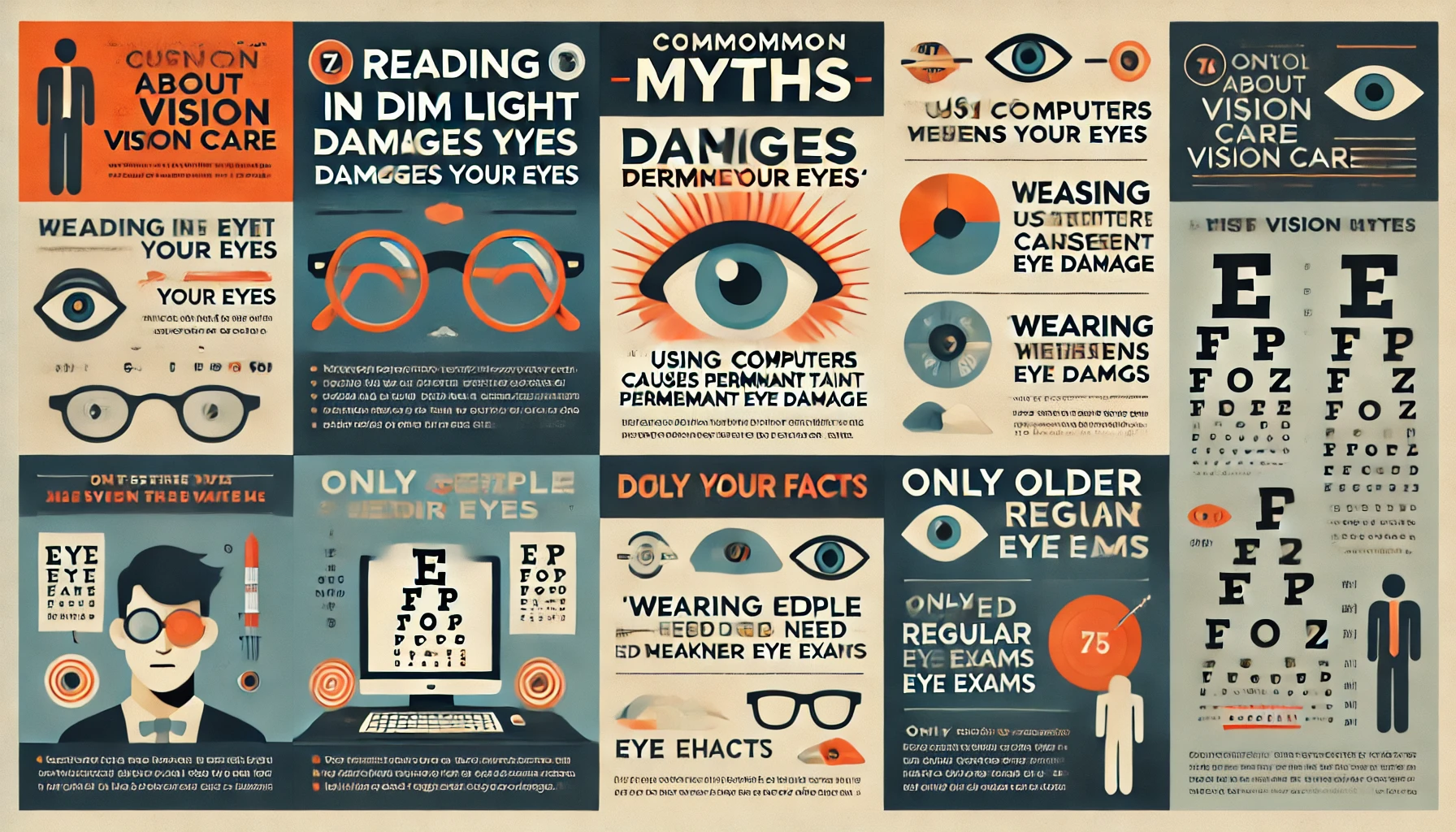
Advances in Vision Care
Advancements in vision care and technology have made eye care more effective and accessible:
- Laser Eye Surgery: Procedures like LASIK can correct refractive errors, reducing or eliminating the need for glasses or contact lenses.
- Advanced Intraocular Lenses (IOLs): For cataract surgery, advanced IOLs can correct vision at multiple distances, reducing the need for glasses after surgery.
- Telemedicine for Eye Care: Virtual consultations and remote monitoring allow patients to receive eye care advice and follow-ups from home.
- Digital Retinal Imaging: High-resolution imaging techniques allow for better detection and management of retinal diseases.
- Gene Therapy: Emerging treatments aim to address inherited retinal diseases through gene therapy.
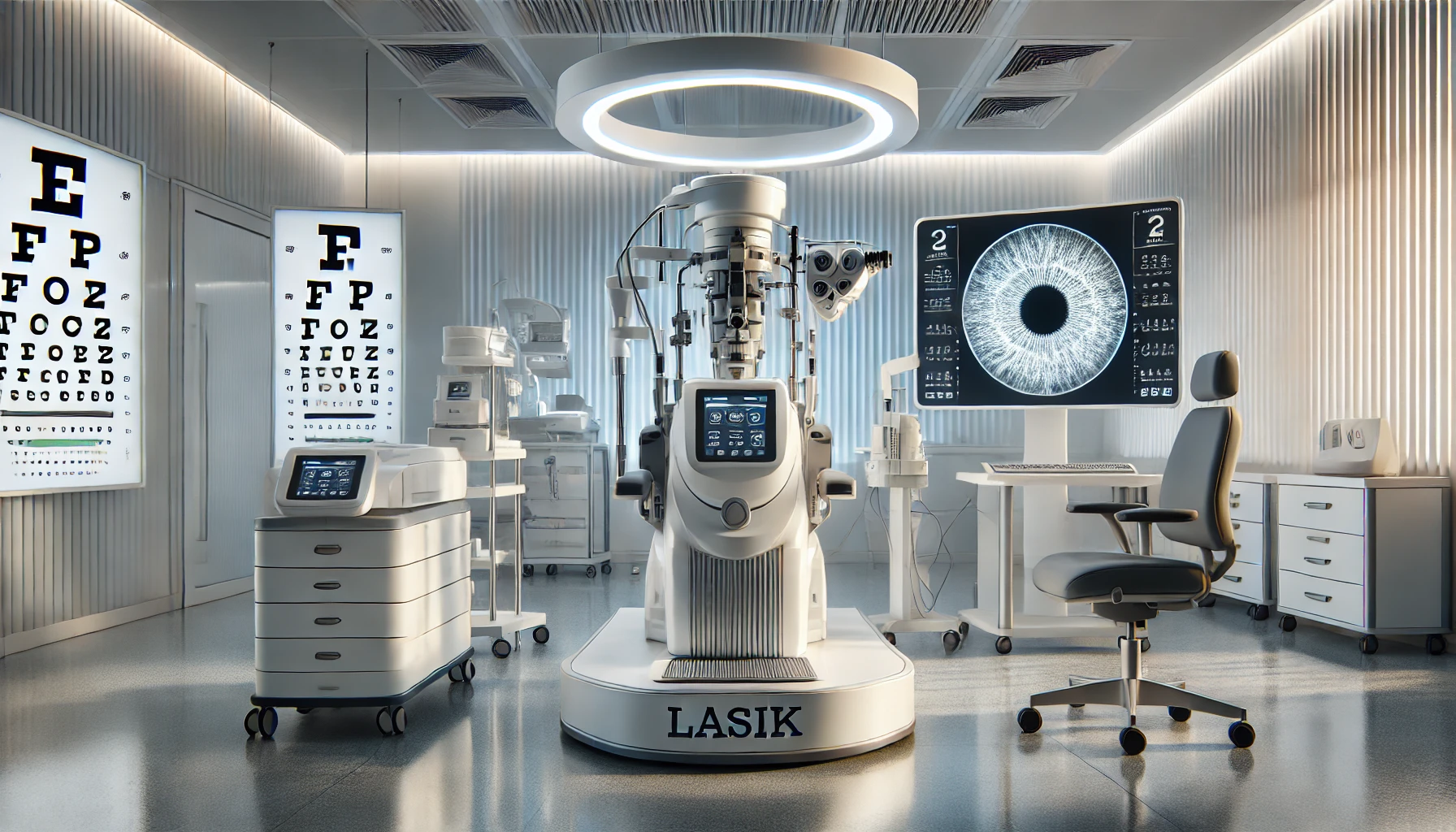
Conclusion
Vision care is a vital part of your overall health, and maintaining healthy eyes requires regular check-ups, proper hygiene, protective measures, and a healthy lifestyle. By staying informed about best practices for eye care and taking proactive steps to protect your vision, you can ensure that your eyes remain healthy throughout your life. Don’t forget to schedule your next eye exam and make vision care a priority.

Dr. Emily Smith
22 Sep 2024 • 9 min read